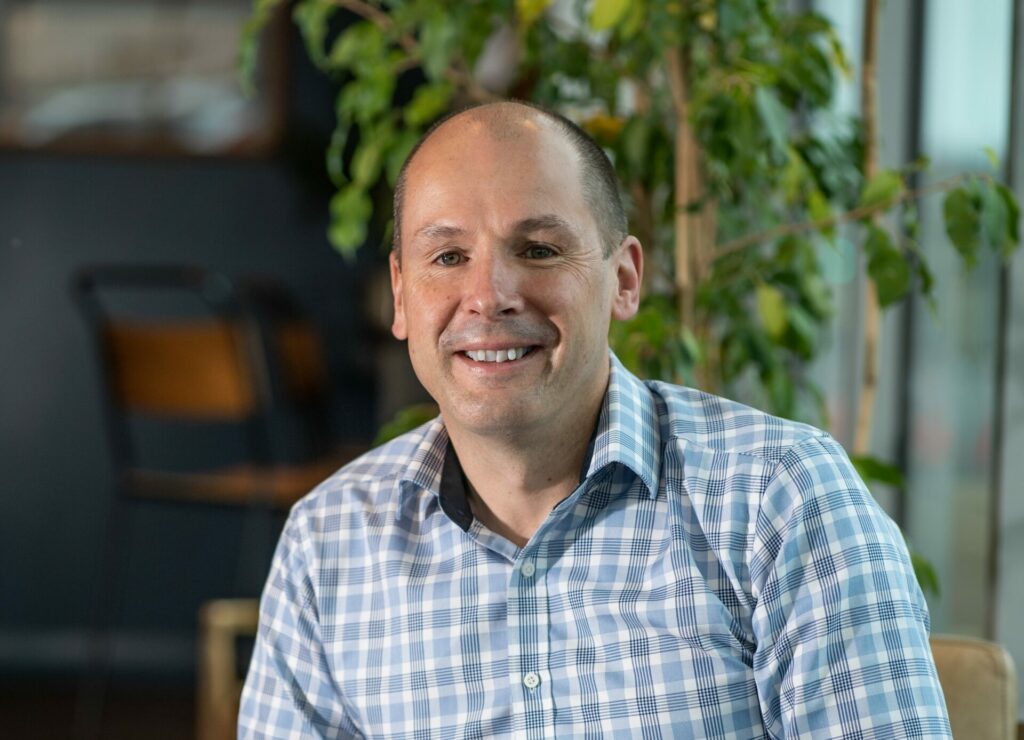Southland is taking charge of its future, and it’s looking very optimistic.
The government committed to support Southland through a yearlong engagement and planning process to develop regional resilience and security regardless of the fate of New Zealand Aluminium Smelter (NZAS).
This week, the Enduring Oversight Group (EOG) received the Just Transition work stream plans, identifying areas of most benefit to the region.
The group’s agenda is to secure the future of the region, to introduce more skilled jobs, lower carbon, diversify land and water use, and look to productive clean energy usage.
The work streams are responsible for Long Term Planning, Clean Energy, Worker Transition, Business Transition, Land Use, Community Capability Building and Aquaculture.
The seven work streams have been working hard over the past year to identify the best opportunities to support Southland in its transition period regarding the uncertainty of Tiwai’s Aluminium Smelter’s permanency.
These plans cover strategies for short term closure of NZAS, medium term or future closure.
Enduring Oversight Group Chair, Neil McAra said it has been a huge undertaking to look to planning the future of Southland for multiple closure scenarios for the Smelter.
“It has given us an opportunity to step back and assess the very best options for diversifying our economy, addressing the overreliance on NZAS for employment in the region, and to explore clean usage of land, water, and energy,” he said.
Enduring Oversight Group Co-chair, Aimee Kaio said she can see every workstream has worked extremely hard to deliver these project presentations.
“We are feeling optimistic about presenting to government. Southland is really taking charge of our own destiny as we have extraordinary access to resources, and now we have a strategy to realise our natural assets and build on areas that need support to reach our goal of economic, environmental, and social resilience through and beyond the uncertainty of NZAS’s future,” she said.
The next stage will be collaborating with the workstreams to determine any refinements required for the projects to move forward.
The EOG is made up of 11 members from iwi, central government, local government, unions, business, and the education, agriculture and community sectors.
The purpose of the EOG is to provide strategic governance over the delivery of the Southland Just Transition work plan and to connect community with local and central government.
The Southland Just Transition work plan has seen iwi, businesses, education, and community leaders come together to ensure Southland’s future is positive.
EOG Chair, Neil McAra said what has been presented sets Southland on a resilient and prosperous path and the future is very optimistic.
